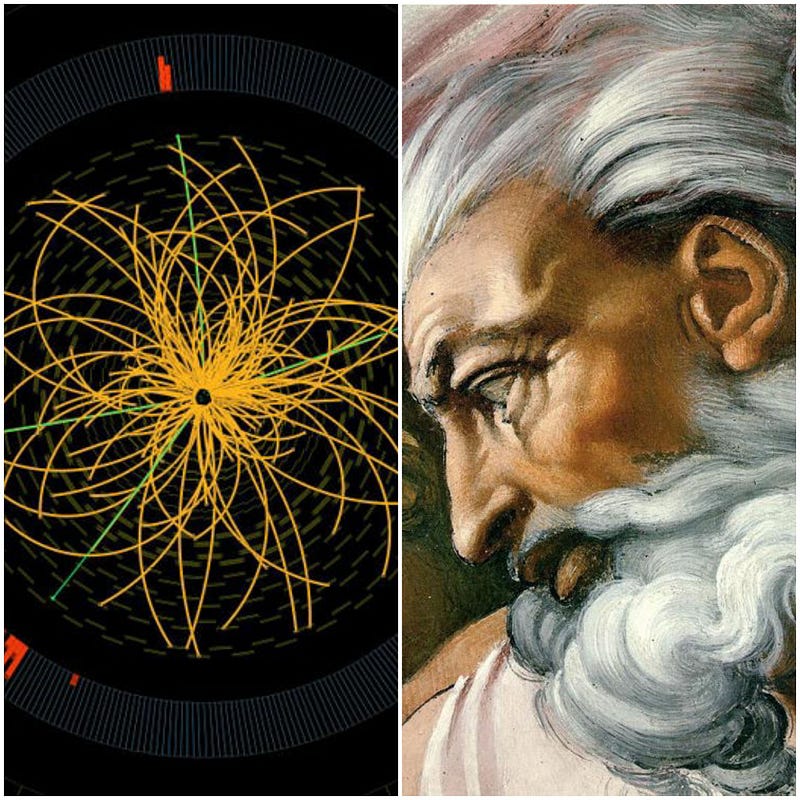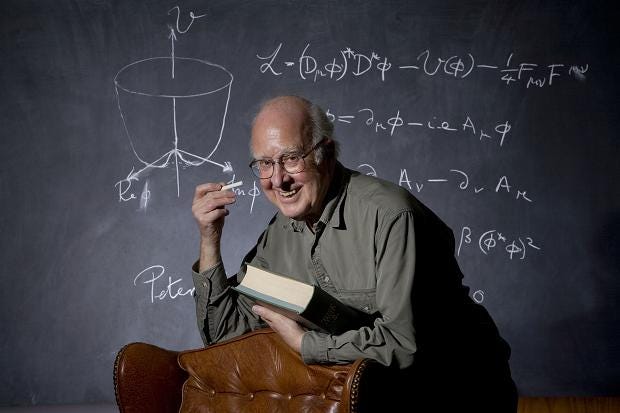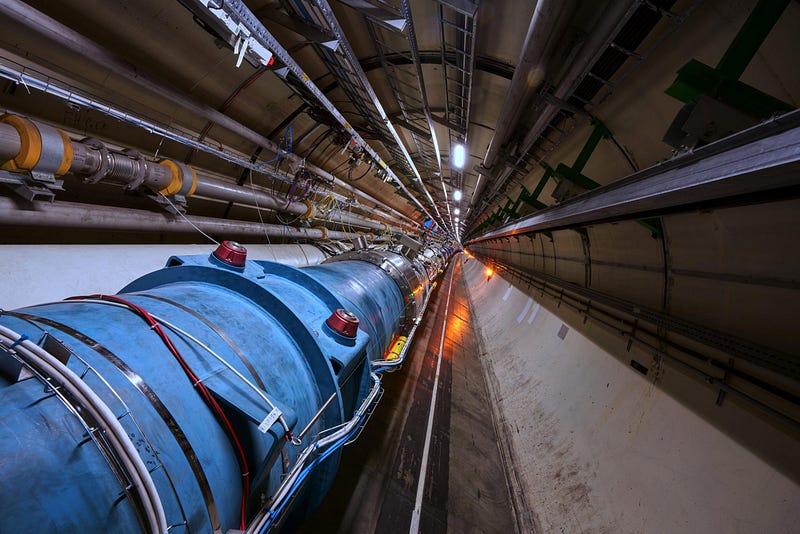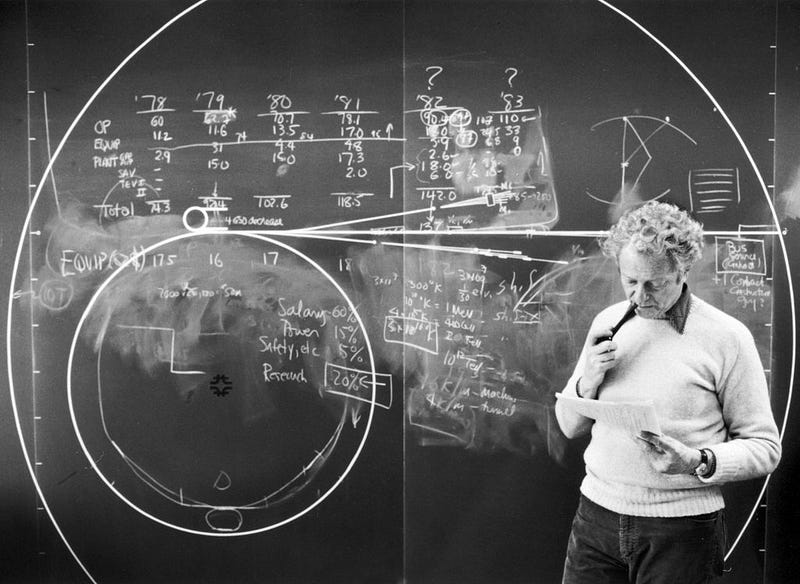The Truth Behind the "God Particle" Misnomer
Written on
Chapter 1: The Higgs Mechanism Explained
In 1964, theoretical physicist Peter Higgs, alongside five other scientists, proposed a groundbreaking theory about a mechanism that explains how certain elementary particles acquire mass. This team was split into three groups, each of which published pivotal papers in Physics Review Letters that significantly advanced our comprehension of the universe and fundamentally altered our perspective on elementary particle physics. This concept is now referred to as the Higgs mechanism. But what does the Higgs mechanism entail, and what insights does it provide?


To grasp this concept better, we need to delve into the Higgs field. Unlike other fields such as electromagnetic or gravitational fields, the Higgs field interacts with particles throughout the universe. The distribution of this field is ubiquitous, and its strength influences the mass of the particles interacting with it. This relationship also elucidates why light, consisting of photons, travels at a constant speed—photons do not interact with the Higgs field, rendering them massless.
However, it's a common misconception to think that only massive particles engage more with the Higgs field to acquire greater mass. In reality, all particles are uniformly exposed to this field; the difference lies in their interactions—while particles like protons and electrons engage with it, photons do not. The Higgs boson, a particle associated with the Higgs field, possesses mass in the form of energy and can be visualized as a cluster moving through this field. The production of Higgs bosons results from excitations in the Higgs field.
The Higgs boson was identified through experiments conducted at the Large Hadron Collider (LHC) at CERN, specifically by the ATLAS and CMS collaborations. For their contributions to this discovery, Peter Higgs and Francois Englert received the Nobel Prize in Physics in 2013.

Chapter 2: The Misinterpretation of the "God Particle"
So, how did the term "God particle" arise? Surprisingly, it has no actual connection to divine concepts. This part of the narrative often amuses me, particularly when religious figures draw parallels between the Higgs boson and supernatural beliefs.
The term "God particle" has a rather intriguing backstory. It is frequently cited in popular media, yet many physicists, especially those specializing in elementary particle physics, tend to avoid this term—some even find it objectionable. The name largely stems from Leon Lederman's book, The God Particle: If the Universe Is the Answer, What Is the Question?, which was intended to highlight the necessity for government funding in scientific research, particularly for particle colliders. Within its pages, Lederman traces the history of particle physics from the times of Democritus to modern quantum mechanics.

Interestingly, the book was initially titled The Goddamn Particle, but the editor later suggested the change to The God Particle. Even Peter Higgs, after whom the particle is named, has expressed his embarrassment regarding this designation, labeling it misleading. He is an atheist, and Lederman has provided reasons for the choice of the title, including the idea that the particle bears some connection to themes in the Book of Genesis.
For further insights on this topic, check out the following videos:
The first video, titled "What Is the 'God Particle'?", provides a comprehensive overview of the Higgs boson and its implications in modern physics.
The second video, "What the Higgs Boson is: A Keystone Particle (Not the God's Particle)", clarifies misconceptions surrounding the Higgs boson and its significance in the realm of particle physics.
Thank you for reading! If you enjoyed this piece, please consider showing your support. Keep an eye out for more intriguing stories.